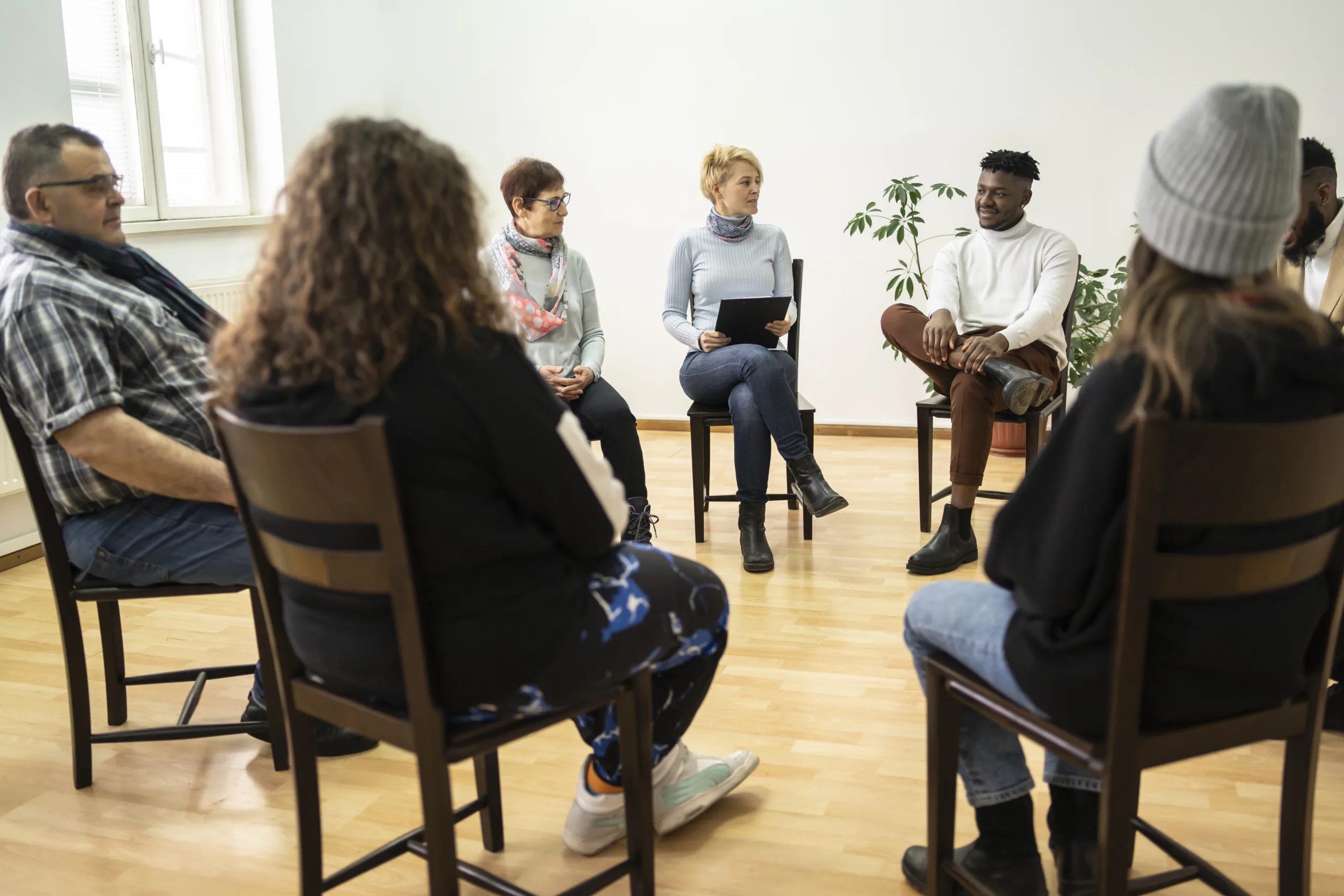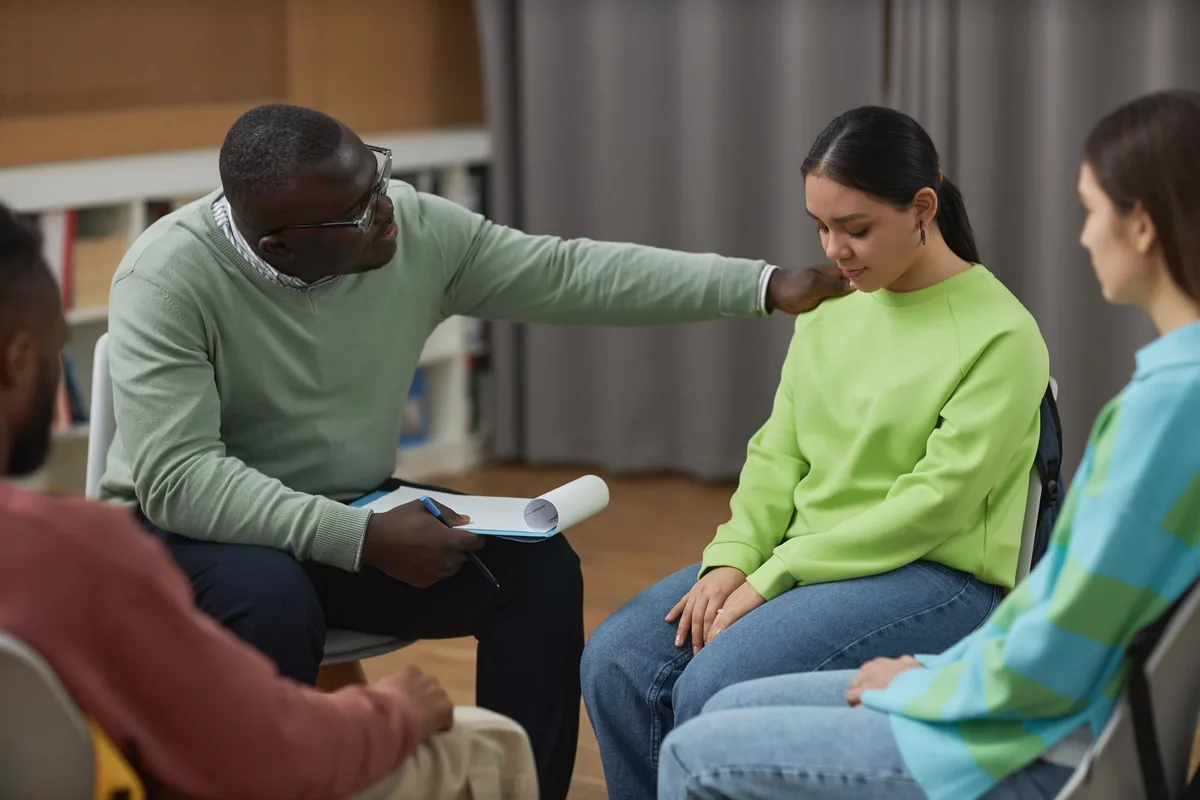24/7 Helpline:
(866) 899-221924/7 Helpline:
(866) 899-2219
Learn more about Klonopin Rehab centers in Evangeline County
Klonopin Rehab in Other Counties

Other Categories
Other Insurance Options

Absolute Total Care

MHNNet Behavioral Health

Oxford

Providence

Carleon

Humana

PHCS Network

Optima

Magellan Health

Multiplan

Anthem

BHS | Behavioral Health Systems

Optum

BlueShield

Meritain

Horizon Healthcare Service

Access to Recovery (ATR) Voucher

American Behavioral

Excellus

Self-pay options

Compass Behavioral Center
Compass Behavioral Center is a private rehab located in Mamou, Louisiana. Compass Behavioral Center ...
















Ville Platte Behavioral Health Clinic
Ville Platte Behavioral Health Clinic by Acadiana Area Human Services District provides comprehensiv...











































